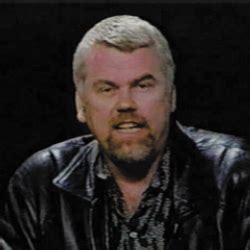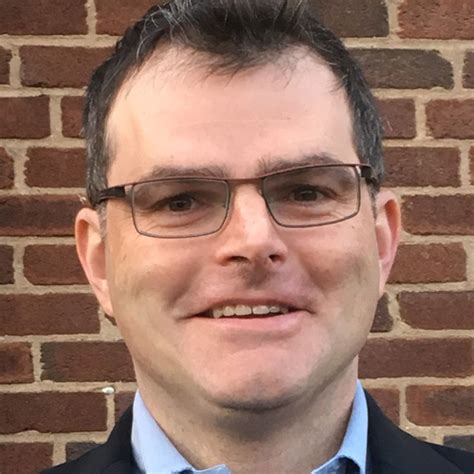A Quote by Kate Millett
Everybody believes in psychiatry it's supposed to be for our own good. Let psychiatry prove that anybody has an illness, and I'd concede, but there is no physical proof.
Related Quotes
I think that's a major reason. Instead of turning in their own lives to philosophy, religion, love, family life, or nature, they think of psychiatry; and today that means the "pill" as an ultimate answer. Also, if you have a desire for social control, "benevolent" control and "benevolent" authority, then again biological psychiatry offers a tremendous opportunity.
When I am in Egypt, I am phoned because I am listed in the medical directory under "Mental Health and Psychiatry." And of course, I see very few people, because I give much more time to writing. So I cannot say that I really stopped medicine, but I practice medicine - or psychiatry - in a very different way. In an artistic way!
The relation of eugenics to British psychiatry bears examination. The primary controlling body for psychiatry in England is the British National Association for Mental Health (NAMH), formed in 1944, and initially run by the mentally unstable Montagu Norman, previously of the Bank of England. The group originally met at Norman's London home, where he and Nazi Economics Minister Hjalmar Schacht had met in the 1930s to arrange financing for Hitler.
It is an irony of medical history that even as Freud's later work would make him the progenitor of modern psychodynamic psychotherapy, which is generally premised on the idea that mental illness arises from unconscious psychological conflicts, his papers on cocaine make him one of the fathers of biological psychiatry, which is governed by the notion that mental distress is partly caused by a physical or chemical malfunction that can be treated with drugs.



































